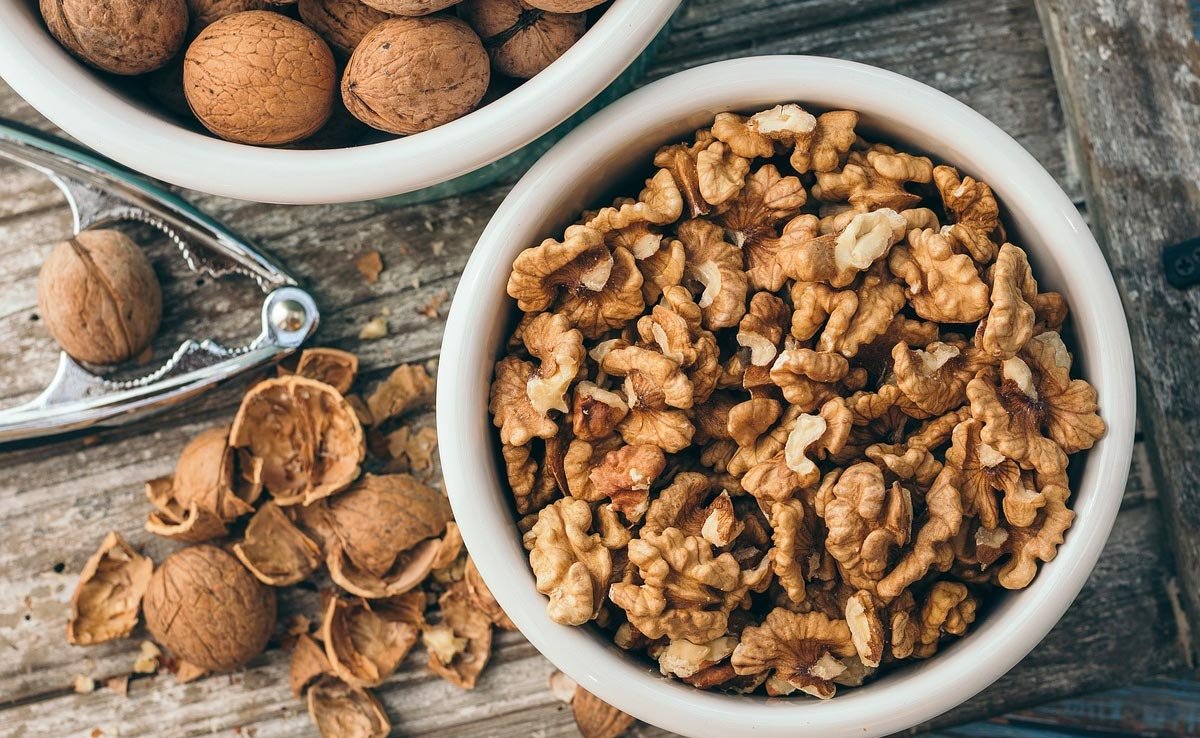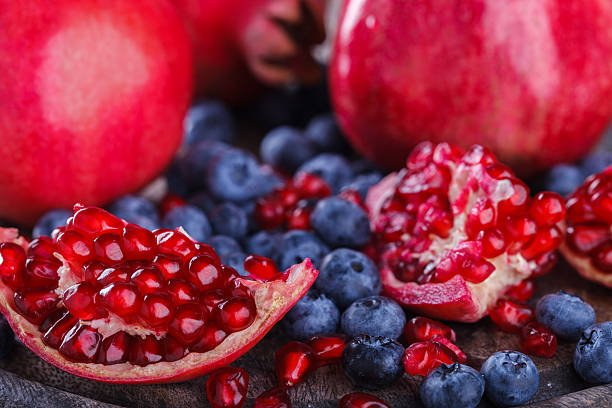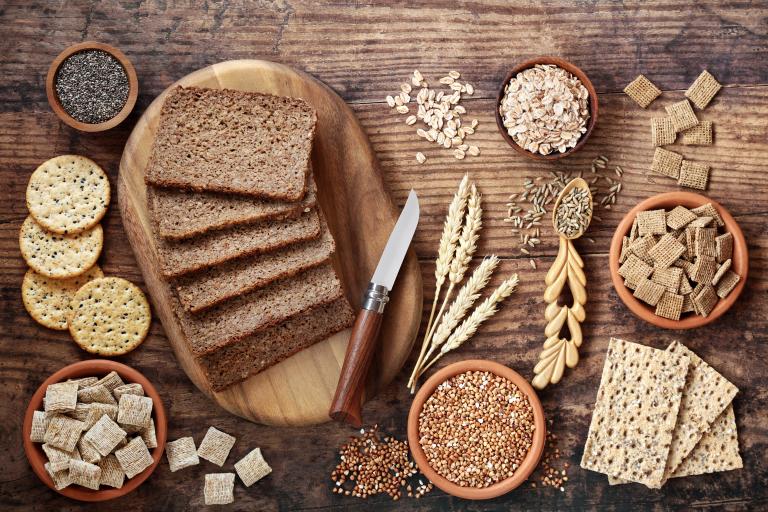Every parent wants their child to be smart and intelligent, to be the fastest in studies, and to be successful. But not every parent’s wish needs to be fulfilled comfortably. As every child is different, some children have a naturally sharp minds, and some have a weak one. In such a situation, due to the weakness of the brain, children are often weak in studies as well, their memory is weak, and they are unable to remember things for a long time. All these parents are very worried. If you are also going through this kind of problem, then there is no need to worry.
In this blog, we will tell you some such measures, with the help of which you can sharpen your child’s mind and increase his memory.
Keep these things in mind to sharpen your child’s mind
Games and sports are very helpful

Physical activities and sports are necessary for the development of children’s minds and memory. Play mind games with your child at home. This will exercise his brain, and his memory will be sharp along with the development of the brain. Play with your little one with different objects, hide those objects, and later ask the child what is missing. Apart from this, narrate riddles, counting, etc., to the children while playing and then ask them to repeat.
Story and song also help a lot

Children often like to listen to stories especially bedtime stories. Children remember the story too. In such a situation, if you want the child’s memory power to increase, tell him as many stories as possible and then ask him to say to them. Apart from this, singing can also help you in this work. Due to the music, the song is easily remembered by anyone.
7-9 hours of sleep is essential
If you want to sharpen your child’s mind, then at least 7-9 hours of sleep is very important for them. If the mind of the beloved is sharp, then do not compromise with his sleep.
Keep asking questions occasionally
Keep asking questions from time to time about your child’s activities related to school and home, like what happened in school, what did madam/sir say, what friends did you play with, what did you eat, what you liked and didn’t like. All this will keep his mind moving and enhance his ability to remember things.
Give almonds to the child
Eating almonds also sharpens memory. You soak 5 almonds in water overnight. Peel and grind it in the morning and put it in warm milk, and add 3 spoons of honey to it and give it to the child regularly. However, remember that after drinking this milk, the child should not eat anything else for at least one and a half hours.
Urad dal (black pea)
Soak 2-3 spoons of urad dal overnight. Make a paste of it in the morning and mix it in milk. After this, add a little sugar candy to the milk and give it to the child daily. This will also increase the memory of the child.
Feed Spinach
Spinach is high in magnesium, potassium, vitamin B-6, vitamin E, and folate. It helps in increasing memory. In such a situation, try to feed more and more spinach to the child.
Gooseberry (Amla)

Mix two spoons of honey with one spoon of Indian gooseberry juice and give it to the child daily. This will increase his memory power. Apart from this, it would be best to provide him with gooseberry marmalade to eat on an empty stomach daily in the morning; this will also be useful in increasing memory.
Feed walnuts

Eating walnuts also increases memory. Give the child 20 grams of walnuts and 10 grams of raisins daily. However, reduce its quantity in summer.
Apple can also help
Eating an apple every morning on an empty stomach improves memory. It charges the brain cells and develops the power of thinking and understanding.
Also read: Best Foods To Boost Memory Power Of Your Child
Give carrot and sesame seeds
Eating carrots also sharpens memory. Apart from this, it would help if you give the child a mixture of sesame and jaggery to eat daily. Even this will sharpen the mind.
Black pepper also has power

Grind 5 black pepper daily and make its powder. After this, mix butter and sugar candy and give it to the child to eat. This will also increase his memory power.
Conclusion
Enhancing memory power is a slow process that requires consistent effort and the adoption of healthy habits. Incorporating the above ways discussed in this article, such as games and sports, quality sleep, a healthy diet, and some essential brain-stimulating habits, can significantly sharpen your child’s mind. Everyone’s brain is unique, so it is essential to experiment with different approaches and identify what works best for your child.




















